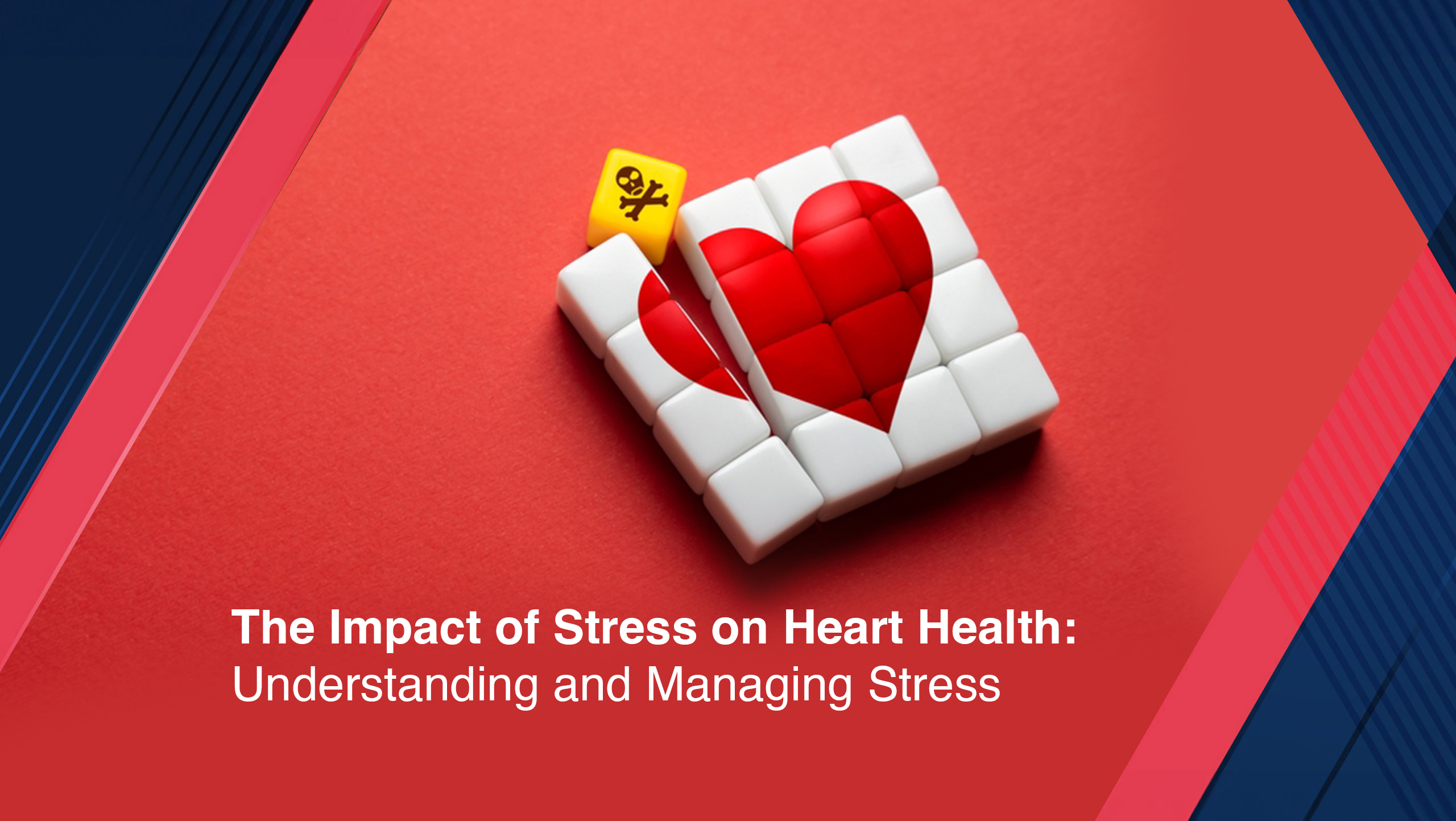Stress is a common experience, but when chronic, it can have serious implications for heart health. Understanding how stress affects your cardiovascular system and learning effective management strategies are crucial for maintaining a healthy heart. As a consultant cardiologist, I’ll guide you through the relationship between stress and heart health, and provide actionable tips for managing stress.
How Stress Affects the Heart
Chronic stress triggers the release of stress hormones like cortisol and adrenaline, which can lead to:
- Increased Heart Rate: Persistent stress can keep the heart working harder.
- Elevated Blood Pressure: Long-term stress can contribute to hypertension.
- Increased levels of inflammation: Stress is linked to higher levels of inflammation and plaque buildup in the arteries.
- Increased blood clotting: Stress increases the chances of blood clotting
- Increased chance of plaque rupture: Sudden surges in blood pressure can lead to rupture of atherosclerotic plaque in the arteries and trigger a heart attack.
Indirect effects of stress on the heart: Chronic or repetitive stress lead to behavioral changes that can adversely affect the heart
- Smoking and alcohol intake
- Over eating, Eating unhealthy diet and weight gain.
- Lack of sleep and exercise:
Effective Stress Management Techniques
Managing stress is important for keeping your heart healthy. Here are some simple ways to help you handle stress better:
1. Practice Mindfulness and Meditation
Engaging in mindfulness practices can help reduce stress levels by:
- Promoting Relaxation
- Enhancing Emotional Regulation
- Improving Overall Well-Being
2. Exercise Regularly
Physical activity is a powerful stress reliever. It helps by:
- Releasing Endorphins: Natural mood lifters.
- Improving Sleep Quality: Better sleep can reduce stress.
- Enhancing Cardiovascular Health: Regular exercise strengthens the heart.
3. Maintain a Healthy Diet
Eating a balanced diet can influence how your body handles stress. Focus on:
- Whole Foods: Fruits, vegetables, and lean meat.
- Reducing Caffeine and Sugar: .
4. Establish Healthy Sleep Habits
Adequate sleep is essential for managing stress. Aim for:
- 7-9 Hours of Sleep Per Night
- Consistent Sleep Schedule
- A Relaxing Bedtime Routine
5. Build Strong Social Support
Connecting with friends and family can help alleviate stress. Try to:
- Engage in Social Activities
- Seek Support When Needed
- Share Your Feelings and Concerns
6. Practice Deep Breathing Exercises
Deep breathing can help activate the body’s relaxation response. Techniques include:
- Diaphragmatic Breathing
- Progressive Muscle Relaxation
Conclusion
Understanding and managing stress is essential for maintaining heart health. By incorporating stress reduction techniques into your daily routine, you can improve your cardiovascular well-being and overall quality of life. If you need personalized guidance and support to effectively manage stress and protect your heart, Medeor Hospital in Abu Dhabi is here to help. Our experienced healthcare professionals are ready to provide tailored advice and treatment options.
Call us today at 80055 to schedule your consultation and take the first step toward a healthier, stress-free life.








